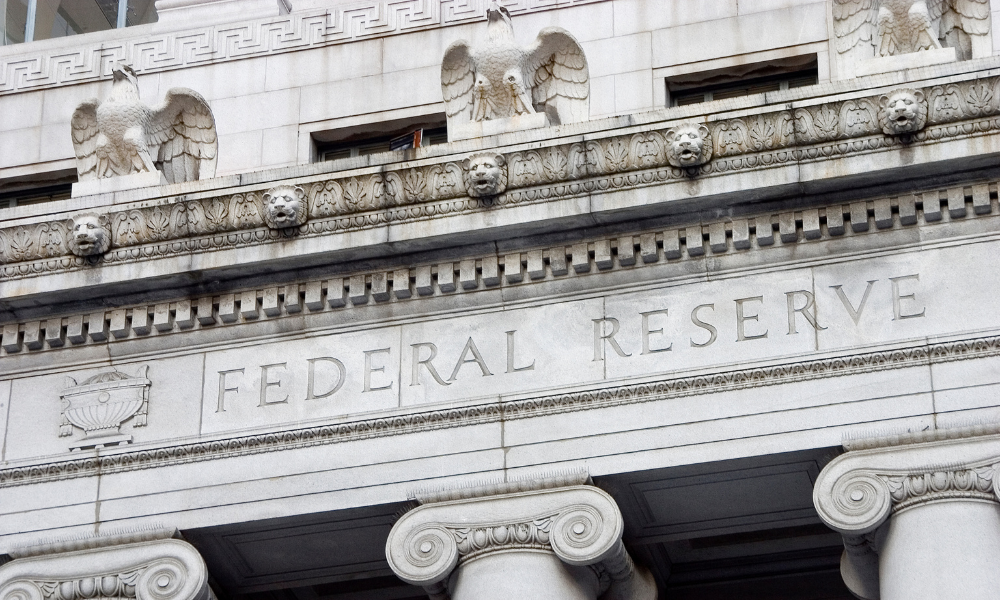Investors question its role as an AI play, as one its performance diverges from its elite peers

As Tesla Inc. experiences a significant downturn, with its shares dropping 22 percent at the outset of 2024, the debate intensifies over its standing amidst the tech elite known as the ‘Magnificent Seven.’
Despite a market rally, Tesla's falter contrasts sharply with peers like Nvidia Corp., up 46 percent, and Meta Platforms Inc., with a 32 percent gain. This divergence prompts questions about Tesla's continued inclusion in this prestigious group, according to Bloomberg.
Tesla, once a pivotal force in propelling the S&P 500 to new heights, is now scrutinized for its underperformance and unique challenges. Unlike its counterparts, Tesla's connection to the lucrative artificial intelligence sector is tenuous, despite Elon Musk's attempts to align the company with this technological frontier.
Matthew Maley, chief market strategist at Miller Tabak + Co. LLC, notes, “Investors don’t see Tesla as an AI play like most of the other Magnificent Seven stocks.”
The cooling demand for electric vehicles (EVs) exacerbates Tesla's predicament. Analyst sentiment reflects this shift, with only about a third recommending Tesla's stock, a stark contrast to the 85 percent endorsement rate for its Magnificent Seven peers.
Moreover, Tesla's profit forecast for 2024 has been significantly reduced, while expectations for other members of the group remain robust or have improved.
Tesla's reliance on the Model Y as its primary revenue source is a critical vulnerability, according to Jeffrey Osborne, managing director at TD Cowen. He describes Tesla as a “one-product company,” with other initiatives either not contributing significantly to earnings or still in development.
This singular focus, combined with product cycle mismanagement, spells a period of hardship until the next vehicle launch.
Despite these challenges, Tesla's valuation remains a point of contention. Its forward earnings multiple far exceeds that of its peers, maintaining a premium even after the stock's decline. This valuation is difficult to justify given Tesla's shaky AI position and the broader enthusiasm for AI-driven growth among the other Magnificent Seven stocks.
Long-term investors, however, see value in Tesla's dominant role in the EV market. Brian Mulberry of Zacks Investment Management Inc. acknowledges short-term concerns but highlights Tesla's unmatched ability to produce EVs profitably at scale.
This perspective underscores Tesla's potential for growth beyond 2024, with revenue and earnings projections outpacing many megacaps, barring Nvidia.
Still, Tesla's entanglement with the cyclical automotive sector and the uncertain timeline for autonomous driving technology pose significant risks. Ivana Delevska of Spear Advisors LLC labels Tesla as one of the riskier investments due to these factors, emphasizing the binary nature of its autonomous driving ambitions.



